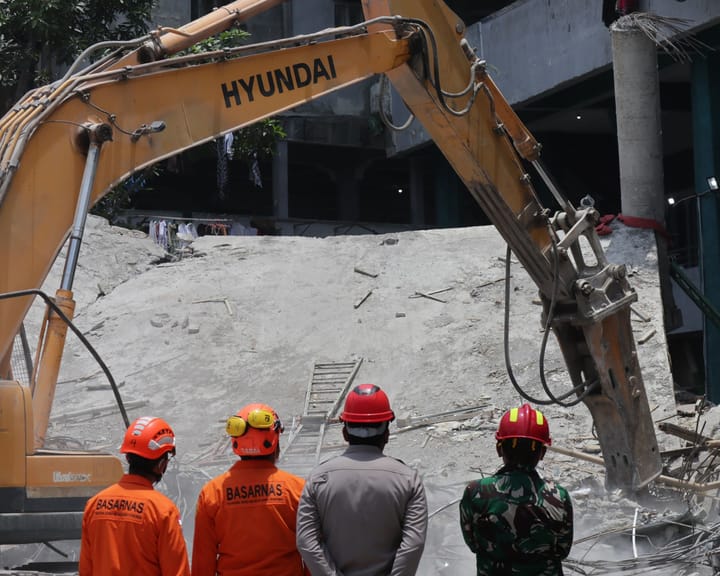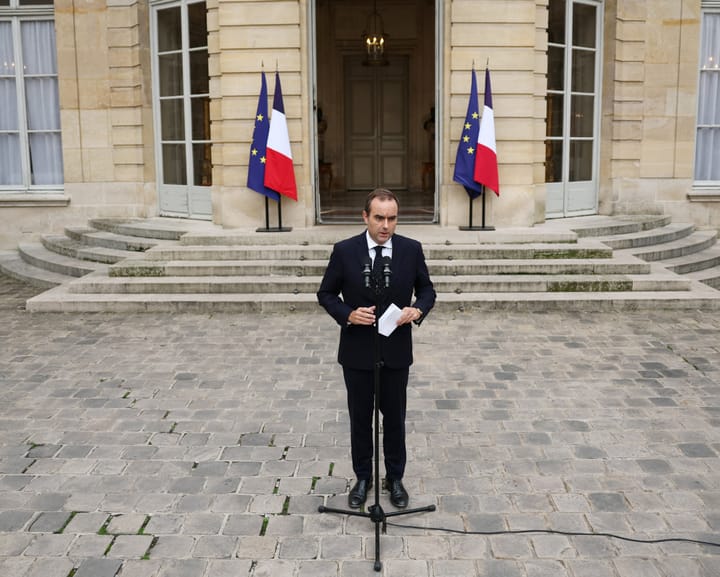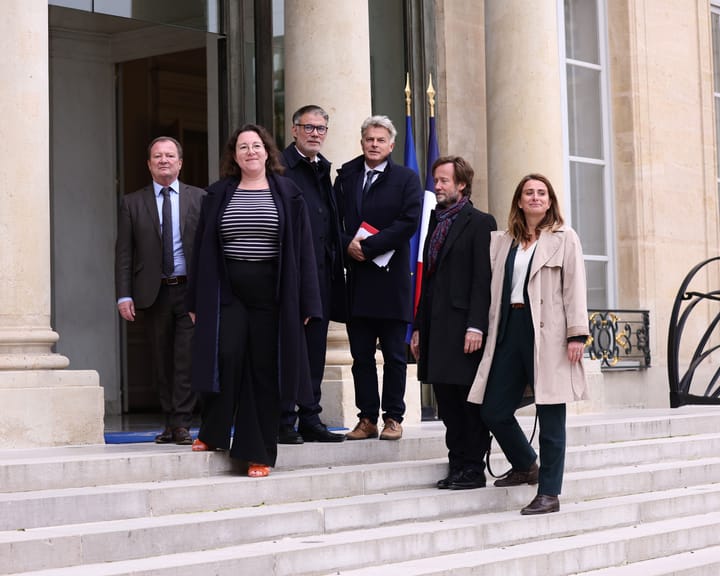Nepal Blocks Major Social Media Platforms Over Regulatory Noncompliance
Nepal has restricted access to Facebook, Instagram, WhatsApp, and more than a dozen other widely used social media platforms, citing their failure to adhere to national regulations.
The restriction, which began at midnight on Thursday, has faced backlash from human rights and press freedom organizations. Critics argue that the move by the government, led by Prime Minister KP Sharma Oli, limits free expression and negatively impacts businesses.
Authorities stated that 26 platforms—including X, Reddit, LinkedIn, Pinterest, and Signal—were barred after they did not register under Nepal’s recently enacted social media laws. The Ministry of Communications and Information Technology said companies were given seven days to comply following a court directive, but none met the deadline. The ministry then ordered internet service providers to block the platforms.
Only TikTok and a few others followed the regulations and remained accessible.
The widespread restrictions caused significant disruption over the weekend, particularly affecting businesses and the country’s tourism sector, which depends on social media for promotion and customer engagement. Many Nepalese citizens also rely on these platforms to stay in touch with family members working abroad.
On Sunday, journalists protested in Kathmandu, carrying signs with messages such as “no shutdown of social networks, no silencing of voices,” and “freedom of expression is our right.” Demonstrators also accused the government of undermining democracy.
The Committee to Protect Journalists, an international organization, warned that the ban sets a troubling standard for press freedom.
In response, Prime Minister Oli defended the decision, stating that national sovereignty takes precedence over individual concerns. “The independence of the nation is greater than the loss of jobs of a few. Ignoring laws, the constitution, and national dignity is unacceptable,” he said during a public address.
While Nepal has generally upheld free speech, critics point to increasing government control under Oli’s leadership. Last year, TikTok faced a nine-month suspension over concerns about harmful content before being reinstated upon agreeing to register.
Proposed laws currently under discussion in Nepal’s parliament could further tighten regulations, imposing fines or jail time for content deemed against the “national interest” and granting authorities the power to close media outlets or revoke journalists’ credentials.
Read next

"Indonesia school collapse: rescue efforts conclude with 67 fatalities"
Search Ends After Indonesian School Collapse Leaves Dozens Dead
Indonesian rescuers concluded their search on Tuesday for victims trapped beneath the rubble of a collapsed Islamic boarding school in East Java, after recovering more than 60 bodies, authorities confirmed.
The tragedy in the town of Sidoarjo struck last week when

"French PM makes last-ditch effort to save government as crisis deepens – Europe updates"
France's Political Standoff Continues as Prime Minister Seeks Cross-Party Support
France remains at a political stalemate as the outgoing prime minister, Sébastien Lecornu, makes a final attempt to gather support from rival parties for a new government.
President Emmanuel Macron assigned Lecornu, 39, to form a government in

"Macron calls emergency talks with parties to swiftly pick new PM"
Emmanuel Macron has called upon the leaders of several political factions to his office, urging them to demonstrate "collective responsibility" as he seeks to appoint a new prime minister amid growing political turmoil.
All parties except Marine Le Pen’s far-right National Rally, the largest opposition group, and

